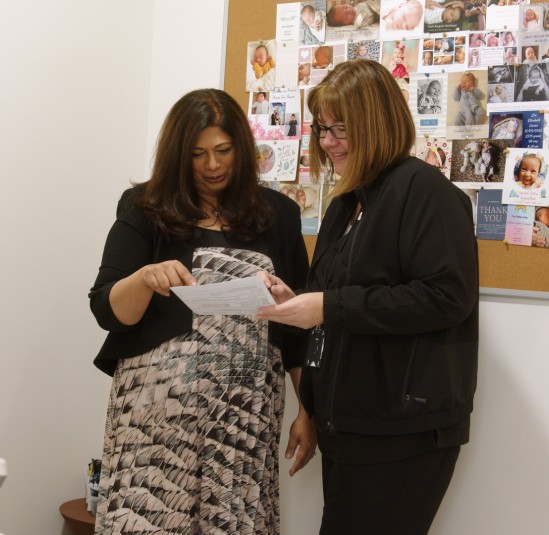Ovulation induction is a simple and minimally invasive treatment option.
Oral medication or an injection to increase the production of follicle stimulating hormone (FSH) is used. This method may also be used for women who have regular menstrual cycles but who have unexplained infertility.

There are a number of ways to treat ovulation disorders with ovulation induction (OI). An oral medication called Clomiphene citrate, which blocks your oestrogen receptors and causes the brain to produce more follicle stimulating hormone (FSH) is most often used. Usually this will encourage one or more follicles to develop to maturity and will trigger ovulation. Blocking the oestrogen receptors may cause temporary hot flushes in some patients.
FSH injections, another common method of OI, may also be used to stimulate ovulation. These injections work directly on the ovaries to stimulate the development of one or more follicles. FSH injections (and sometimes Clomiphene therapy) may cause the development of multiple follicles leading to a higher risk of a multiple pregnancy. I will discuss the risks of treatment with you and perform regular ultrasounds to monitor your progress and minimise the risks.
In rare cases, an additional medication called Lutenising Hormone (LH) may be suggested to aid follicle development, or an injection of human chorionic gonadotropin (HCG) to trigger the release of the egg from the follicle. After the trigger, you will be fertile for 36 hours and depending on your treatment plan, you will be able to try to conceive with timed intercourse or intrauterine insemination (IUI).
After stimulation with FSH, there is a high chance that your ovaries will develop mature follicles to set off ovulation. Of course, this depends on whether ovulation is the only factor affecting your fertility and if there are multiple factors, your chances will be reduced.
It can be difficult to determine the success rate following OI treatment as a proportion of patients go on to become pregnant and have their babies naturally. As OI sparks normal ovulation, it is a less invasive first option for many women having fertility difficulties, who may then go on to conceive naturally or with other treatment.
If you are wanting to have a consultation to discuss your situation, or you are ready to undertake a comprehensive fertility assessment, please book a consultation today.

